Leagues around the world could be given the green light to trial referees making in-stadium announcements to explain decisions after VAR reviews, before the end of the year.
However, broadcasting live discussions on decisions looks less likely, the PA news agency understands.
Referees’ chief Howard Webb talked through selected audio clips from incidents in this season’s Premier League during Sky Sports’ Monday Night Football programme, as part of a drive from Professional Game Match Officials Limited for greater transparency and to “draw back the curtain” on the work of referees and VARs.
Monday night’s review could become a much more regular feature in the English game next term, but one question Webb repeatedly faced on Monday night and in subsequent interviews is why the conversations between on-pitch officials and VARs cannot be transmitted live.
Webb correctly points out the laws of the game do not allow it. An application to trial live communications from referees in this season’s Coupe de France final and the 2023-24 Ligue 1 season was refused last month by the game’s law-making body, the International Football Association Board.
PA understands any trial of the communication between on-field officials and VARs is unlikely to be considered for the time being, partly because of concerns raised by the refereeing community at international level.
Those concerns centre around how such conversations could be standardised, when referees communicate in different ways to their on-pitch assistants and to VARs, and the effect it may have on how referees behave, and the questions they ask of VARs and their assistants.
However, there is a high level of interest from associations and leagues around the world in giving referees the ability to explain their final decision after a VAR check to the crowd in the stadium, and to television and radio audiences.
The sport’s world governing body FIFA was given the go-ahead for a 12-month trial in its competitions at the start of the year, beginning with the Club World Cup in Morocco in February and continuing with the men’s Under-20 World Cup and the Women’s World Cup this summer.
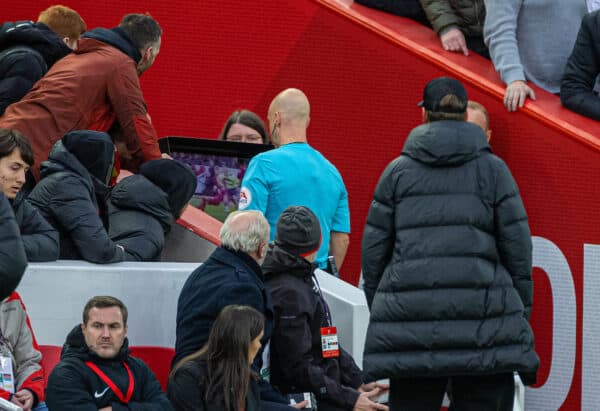
FIFA was chosen first because it is responsible for VAR operations and communication, and the 12-month period is seen as a chance to work out how it could operate in practice and develop common standards.
Also, its competitions are international, where communication is especially challenging, with the thought being the trial could help iron out some of those issues.
But if the standards and guidelines are well developed by the end of the Women’s World Cup this summer, a decision to approve trials in other leagues around the world could be taken at the IFAB annual business meeting, likely to be held in December.
It is unlikely the Premier League, which is understood to be monitoring the FIFA trial, would want to start anything mid-season, so the English top flight may not introduce this method of communication until the 2024-25 campaign at the earliest.
But competitions running within a calendar year, such as Major League Soccer in the United States, which has expressed an interest in staging a trial, could start sooner.
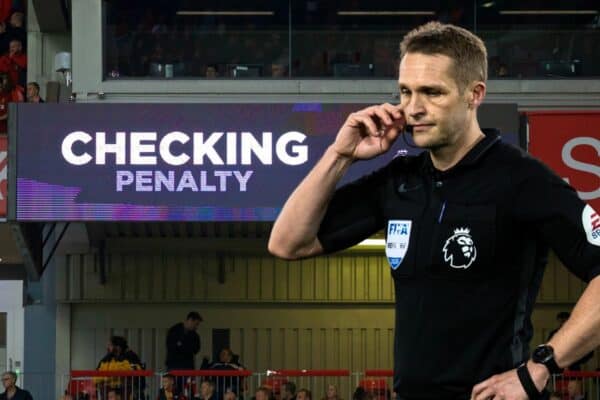






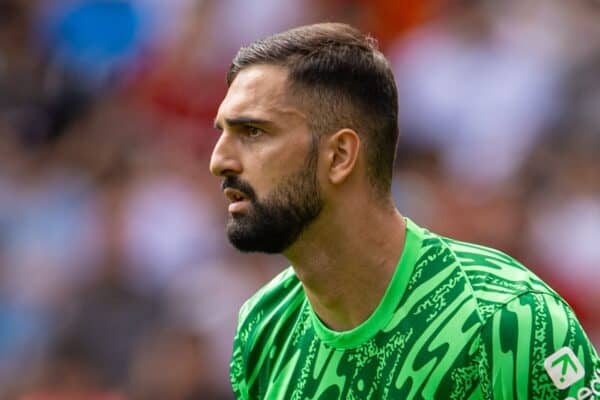

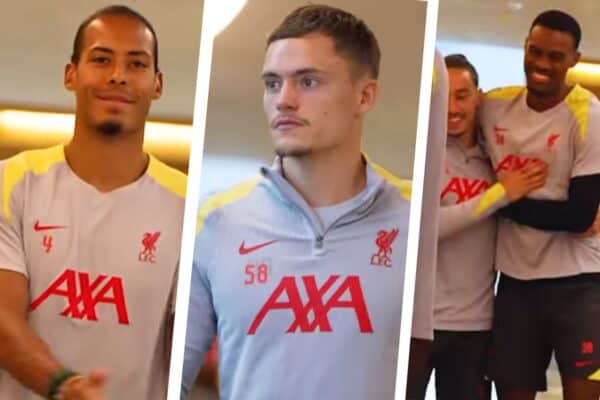


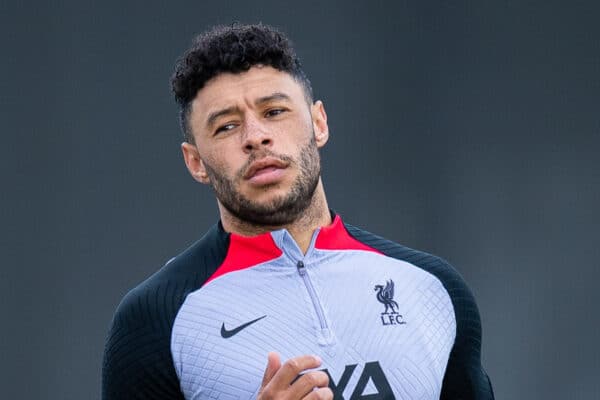





Fan Comments